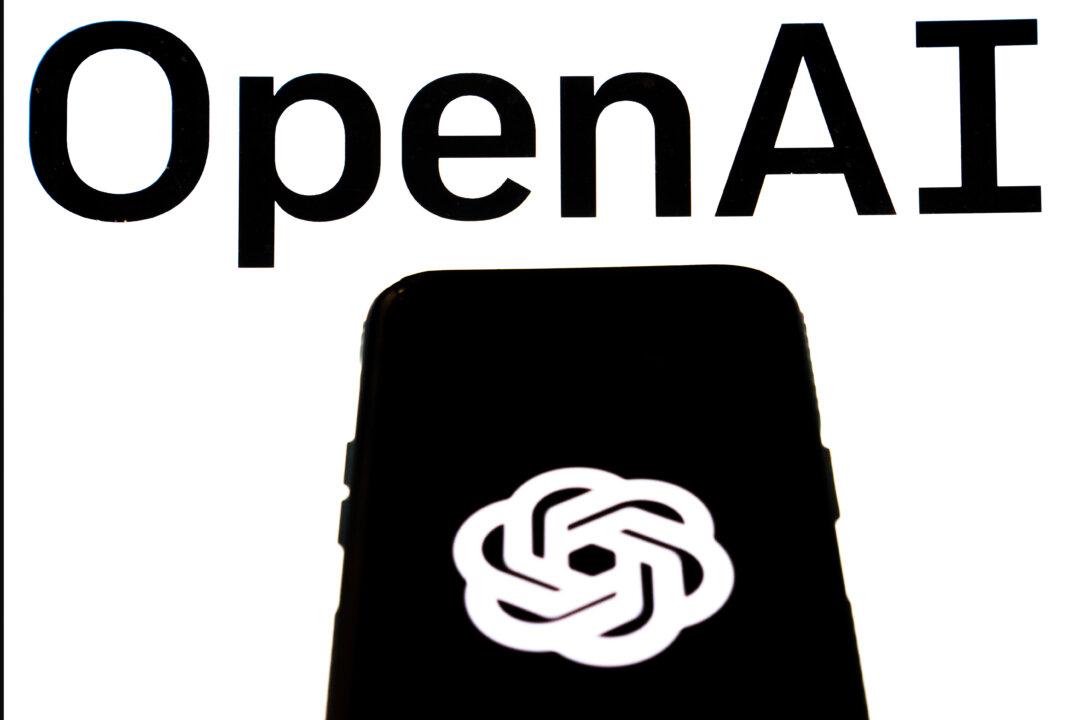Artificial intelligence-produced e-books made their way to Amazon’s Kindle store on Monday, in the best sellers category, where they remained for two days. After their removal from that category, they were still available for purchase on the website.
The e-books had no meaning, as a “read inside” view made clear, Vice reported.





